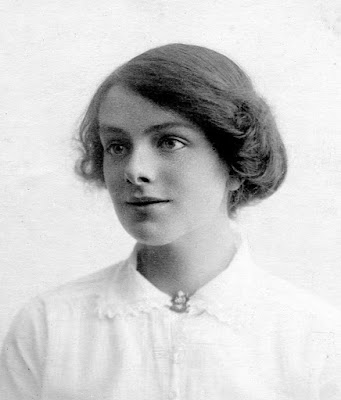Stan Barstow
The Watchers On The Shore (3*)
The Right True End (3*)
Two sequels that continue Vic Brown’s story from where we left him in A Kind of Loving: trapped in an unfulfilling nineteen-fifties marriage in the Yorkshire mining town where he grew up, and managing a record and electrical shop which the owner had implied would eventually pass to Vic.
The Watchers On The Shore and The Right True End take us into the nineteen-sixties, but whereas A Kind of Loving was rich in the details of time and place which vividly capture what it must have been like coming of age in the young northern working-class ten or fifteen years before my time, these elements are not major parts of the sequels. They do, however, capture something of the changing social context that allowed those like Vic to escape the restricted lives of their parents.
Vic does not inherit the record shop and must choose between continuing there as an employee of a large company or returning to his previous work as a draughtsman. He chooses the latter, but instead of going back to his earlier employer he moves to a firm in the south of England. The distance strains his marriage to breaking point, especially as Vic’s cultural and intellectual horizons expand through an affair with an actress at the local theatre, although she eventually dumps him.
What was it about local theatre groups as a place for clever nineteen-fifties northern lads to meet classy birds? Were they epitomes of culture? It crops up in John Braine’s Room At The Top, and in real-life I am reminded of the much-liked teacher from school who joined the local amateurs and married one of the lovely Dale Sisters.
In the third book, Vic is a globe-trotting, London-based design and development engineer, having picked up a degree and lots of women. Yet something is missing, which is of course his actress friend with whom he designs and develops a ‘chance’ re-encounter. There is a twist at the end, not difficult to see coming, and all seems certain to be happy ever after.
The stories are brilliantly written and enjoyable page turners so long as you don’t expect the first-person present-historic narrative to be from any viewpoint other than Vic’s, with nineteen-sixties concerns and attitudes: man striving to win ideal woman who is at first out of his league but otherwise rather docile and incompletely drawn as a character. The book covers say it all.
And as Vic Brown finds, the problem with all this expansion of horizons stuff is that it fills your head with ideas and pretensions so that your family and those where you came from no longer understand you and you no longer understand them. Like once when I phoned my aunty on her farm and overheard my uncle say “th’s some posh bugger f’yer on t’phoo-an”, and her saying to him, “Why, it’s no’r anybody posh, it’s owwer Tasker”, and then to me “Ah suppoo-as y‘ave to talk proper like that when yer at wo’k.” Ah suppoo-as they would have thought the same about Vic Brown.
Key to star ratings: 5*** wonderful and hope to read again, 5* wonderful, 4* enjoyed it a lot and would recommend, 3* enjoyable/interesting, 2* didn't enjoy, 1* gave up.
Previous book reviews



